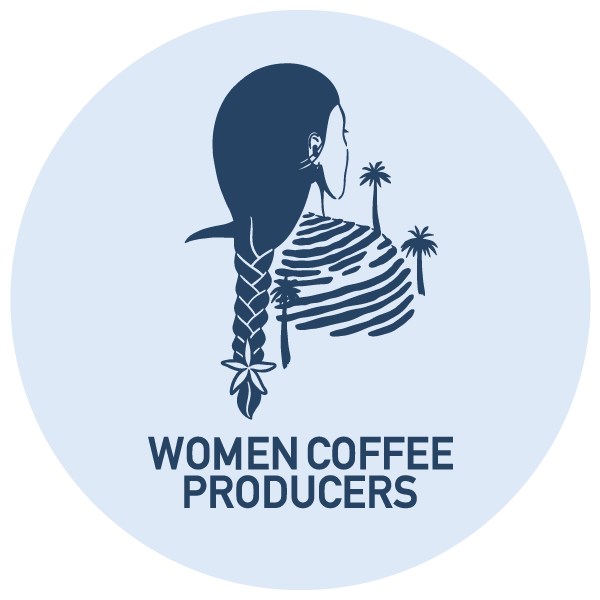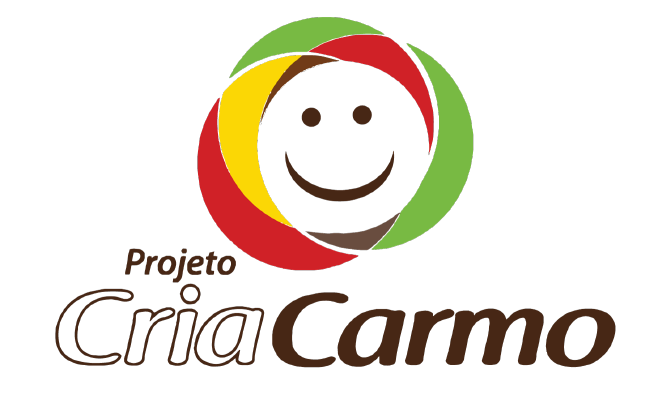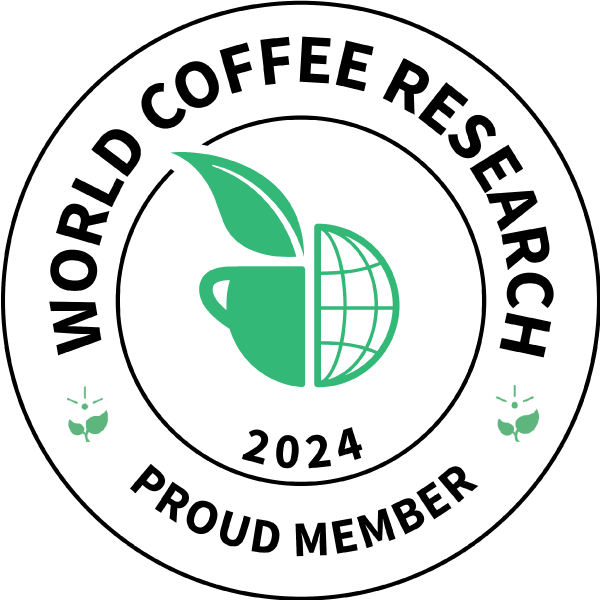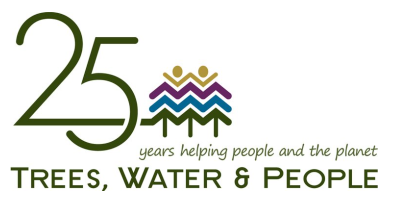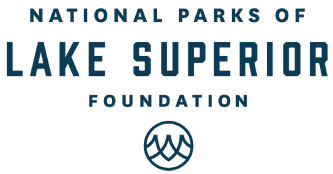Sustainability
Sustainability
We view Cafe Imports as a vehicle for good, and we’re keenly aware of the social, economic, and environmental impacts that stem from our role in the coffee value chain. Embracing the challenges of sustainability as both educators and students of the farmers, customers, and employees who call Cafe Imports a partner has shaped the way we reduce our negative impacts while building long lasting positive practices.

In 2023 we attained B Corp certification, solidifying our commitment to customers, farmers, employees, and the communities we work in. The process of certification began in early 2022, but we’ve been anchored by a mission to uplift everyone in the coffee value chain since 1993. Pursuing the B Corp certification was a natural progression to formalize this commitment and check ourselves to make sure that our actions align with our values. We began by identifying where our greatest impacts lie (both positive and negative), if we currently address those impacts, and how representatives from a range of stakeholders felt we could improve. We then worked with consultants, subject matter experts, employees, and suppliers to measure, document, and formulate improvements that we can implement and sustain for years to come.
Customers
We value the voice of our customers and use your input to inform our coffee sourcing priorities, educational materials, environmental practices, and capacity building programs. We have formalized this feedback process through ongoing engagement with stakeholders across the value-chain via real time feedback mechanisms, stakeholder surveying, and focus groups to help us plot a course that aligns with and responds to your needs. Bringing transparency to this process and the results of those decisions through our annual Progress Report ensures our mission is aligned to your needs.
Farmers
It’s engrained in our mission to ensure sustainable and ethical sourcing, while positively impacting suppliers, especially coffee producers. Our commitment to paying premium prices above market rates and providing pre-export financial support where possible demonstrates our dedication to fair and beneficial trade practices. This approach helps alleviate poverty in underserved coffee-growing regions and supports the economic development of small-holder farmers. The Cafe Imports Impact Standards, including environmental and social criteria, encourage suppliers to adopt sustainable practices, which can lead to long-term environmental and social benefits, increased quality, and economic growth. Additionally, Cafe Imports’ capacity-building initiatives and feedback mechanisms provide producers with valuable support and guidance, helping them improve quality, efficiency, and sustainability.
Employees
Our exemplary team is core to achieving our mission and ensuring an excellent customer experience. We are committed to supporting employees mental and physical well-being through providing a positive work environment, great benefits, health and wellness programs, and supporting professional and personal development through dedicated funds, events, and travel opportunities. We are committed to diversity, equity, and inclusion in the workplace and have formalized this through formation of a committee that provides yearly training, reviews hiring practices, audits marketing materials, and ensures best practices.
Community
Cafe Imports has team members representing sixteen different countries or regions, personifying a vibrant range of backgrounds, cultures, and communities. To give back to those communities, we have committed to donate 1% of net profits in support of charitable partners in places where coffee is grown and local to our sales offices, that further our mission. We call these Progress Projects. While we do not contribute to political causes, we encourage not-for profits, NGOs and those working in the specialty coffee industry to contact us for consideration and to learn more about how to get involved.
We commit to donate 1% of net profits in support of causes that align with our mission to increase, decrease, and share.
Transparency
Cafe Imports respects the privacy of everyone in the value-chain. We recognize that both farmers, customers, and employees, place an extraordinary amount of trust in us as we build our relationships, so we take the sharing and caring of information very seriously. This necessitates a hands-on and proactive approach to consent in the disclosure of potentially sensitive or identifying information about anyone, especially farmers and their practices such as location, media, and pricing information. If you have questions about transparency, take a moment to read our latest Progress Reports or start a conversation with our customer support team.
Progress Reports
We are always learning, growing, and asking ourselves how we can do better. Every year we take a moment to reflect, recap our journey towards greater sustainability, and consider how we’re impacting people, the environment, and the economy in the coming year. We call this, Progress.
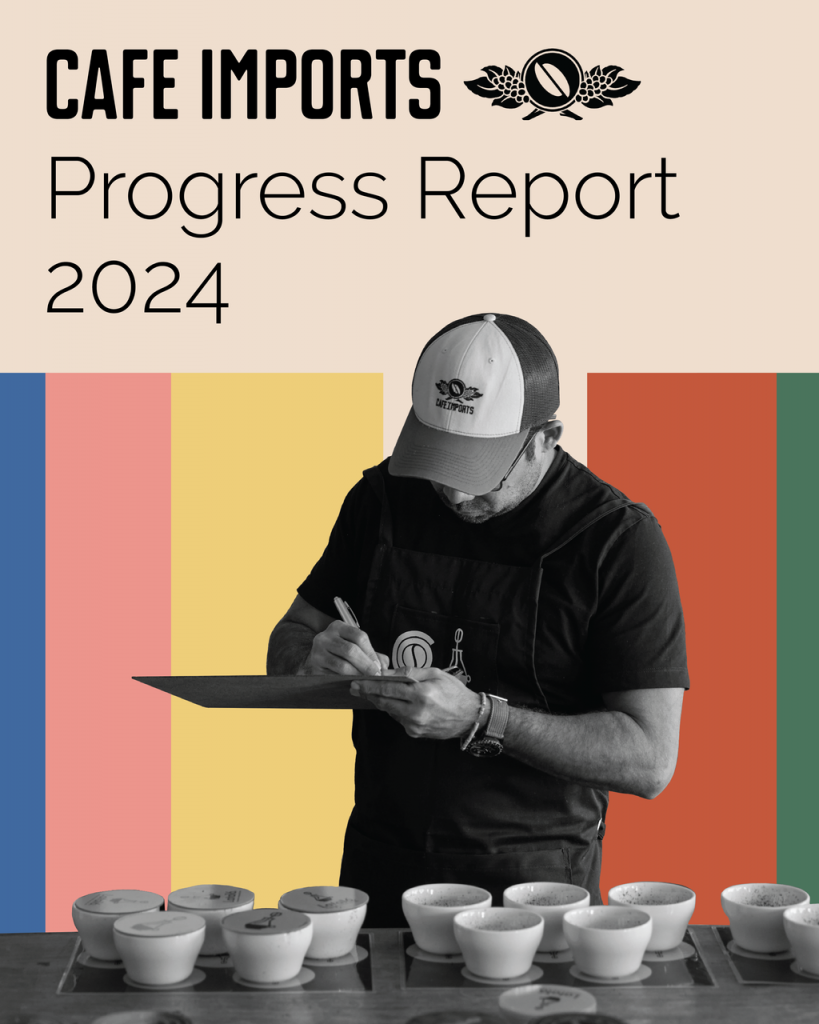
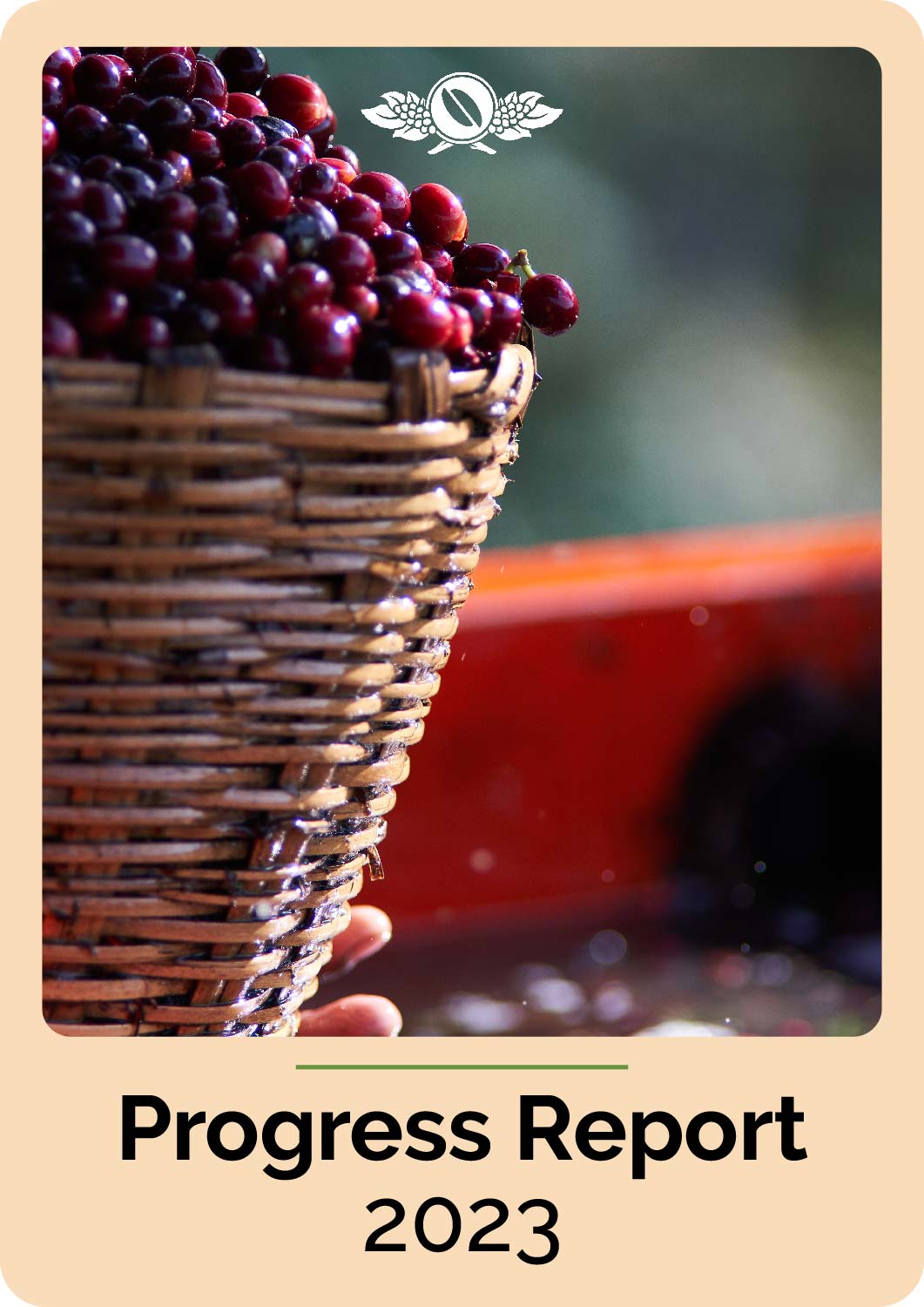
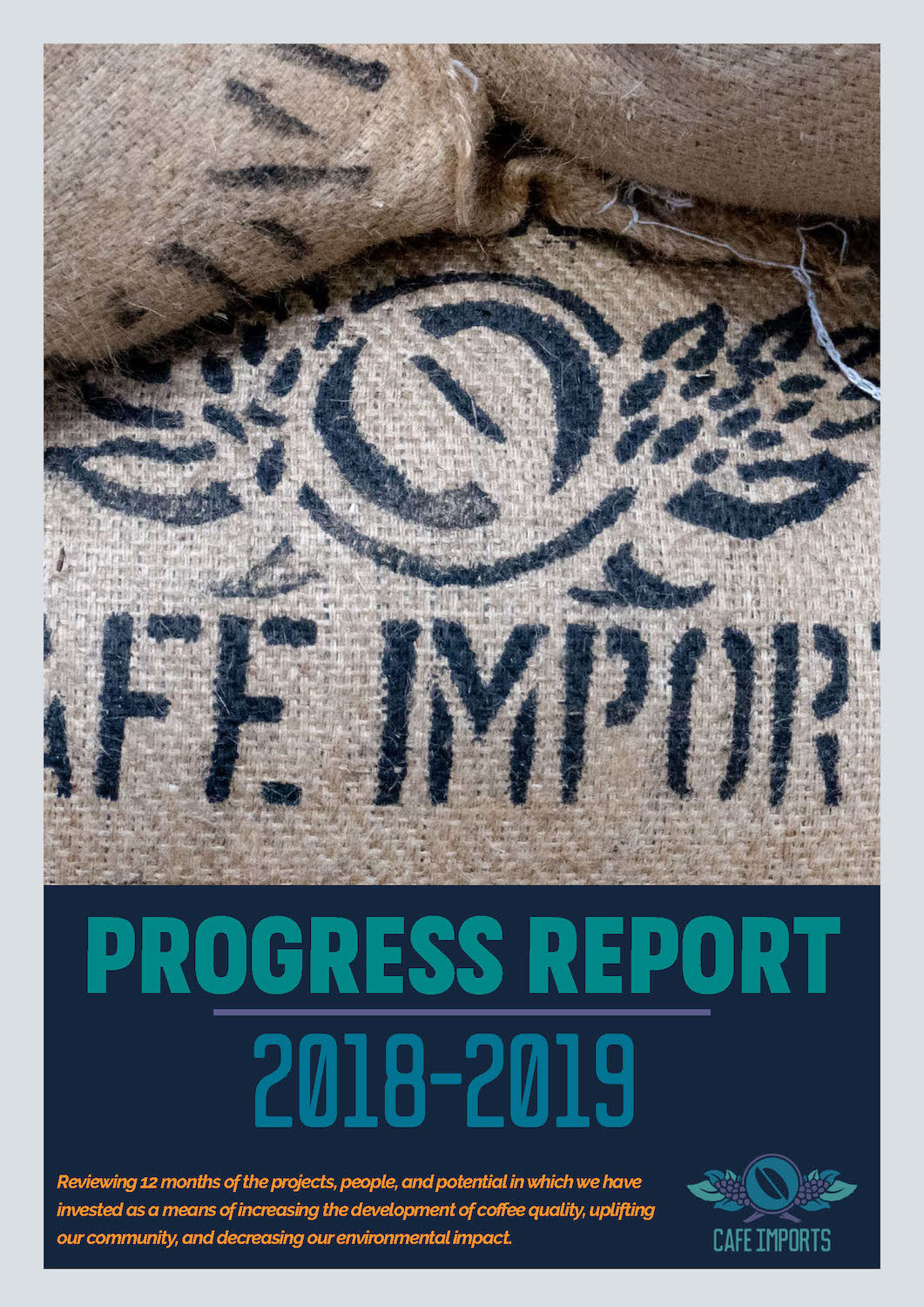
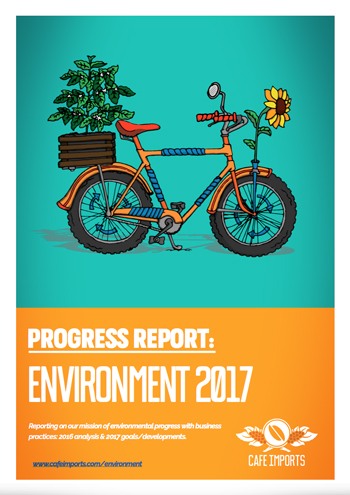
Current Certifications
We partner with organizations that demonstrate their commitment to ensuring coffee is produced with environmental stewardship, fair social practices, and superior quality by obtaining certifications. However we understand that not every farm is able to obtain these certifications despite their care for the environment and their community, often due to economic or political factors. With this is mind we source coffee from both certified and non-certified producers.
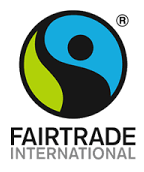
Fairtrade International
This certification signifies compliance with international Fairtrade standards, which are aimed at ensuring fair prices, decent working conditions, local sustainability, and fair terms of trade for farmers and workers in the developing world. It focuses on the ethical aspects of production, like the prohibition of forced labor and harmful pesticides.
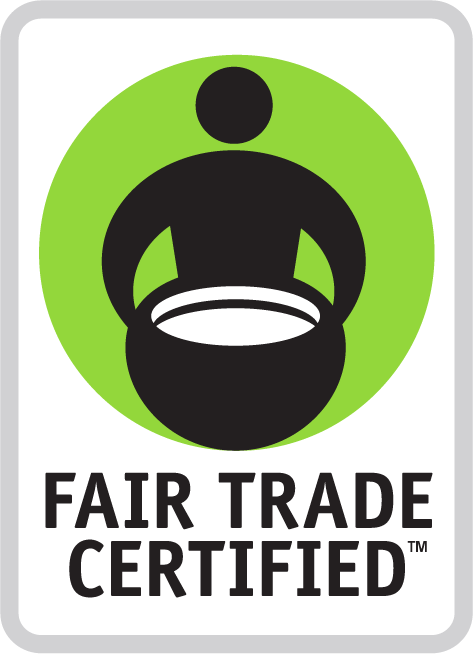
Fairtrade USA
Similar to Fairtrade International, this certification applies to products in the United States and ensures that goods are produced according to rigorous social, environmental, and economic standards. It promotes sustainable livelihoods for farmers and workers by providing them with a fair price for their produce and additional funds for community development.
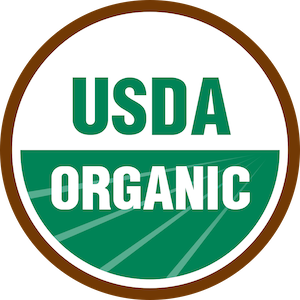
USDA Certified Organic
This certification indicates that the food or other agricultural product meets the organic standards set by the United States Department of Agriculture. It ensures that the products are grown and processed without the use of synthetic fertilizers, sewage sludge, irradiation, or genetic engineering.
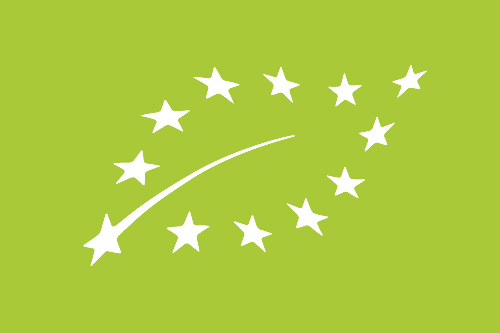
EU Organic
Similar to USDA Organic, this EU Organic certification signifies compliance with the organic rules of the European Union. Products bearing this label must be produced in an environmentally sustainable manner, without the use of genetically modified organisms, and with restricted use of artificial pesticides and fertilizers.

Smithsonian Bird Friendly®
Awarded to coffee and other agricultural products that are grown in a way that provides a habitat for birds, particularly in tropical landscapes this certification signifies that farmers maintain a tree canopy that provides quality habitat for birds and other wildlife.
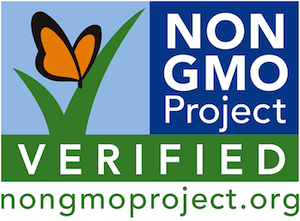
Non-GMO Certified
Products with this certification are verified to be free of genetically modified organisms. The certification ensures that products are produced according to best practices for GMO avoidance, including testing of risk ingredients.
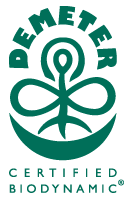
Demeter Biodynamic
Demeter Biodynamic certification is one of the oldest ecological certification organizations, and it indicates that a farm or product has been produced according to biodynamic farming practices. These practices include organic farming methods, but also incorporate ideas about a farm as an ecosystem, and astrological planting and harvesting schedules.

Certified B Corporation
This certification is not specific to food or agriculture but applies to businesses as a whole. It indicates that a company meets high standards of verified performance, accountability, and transparency on factors from employee benefits and charitable giving to supply chain practices and input materials.
From the Blog
No Results Found
The page you requested could not be found. Try refining your search, or use the navigation above to locate the post.

